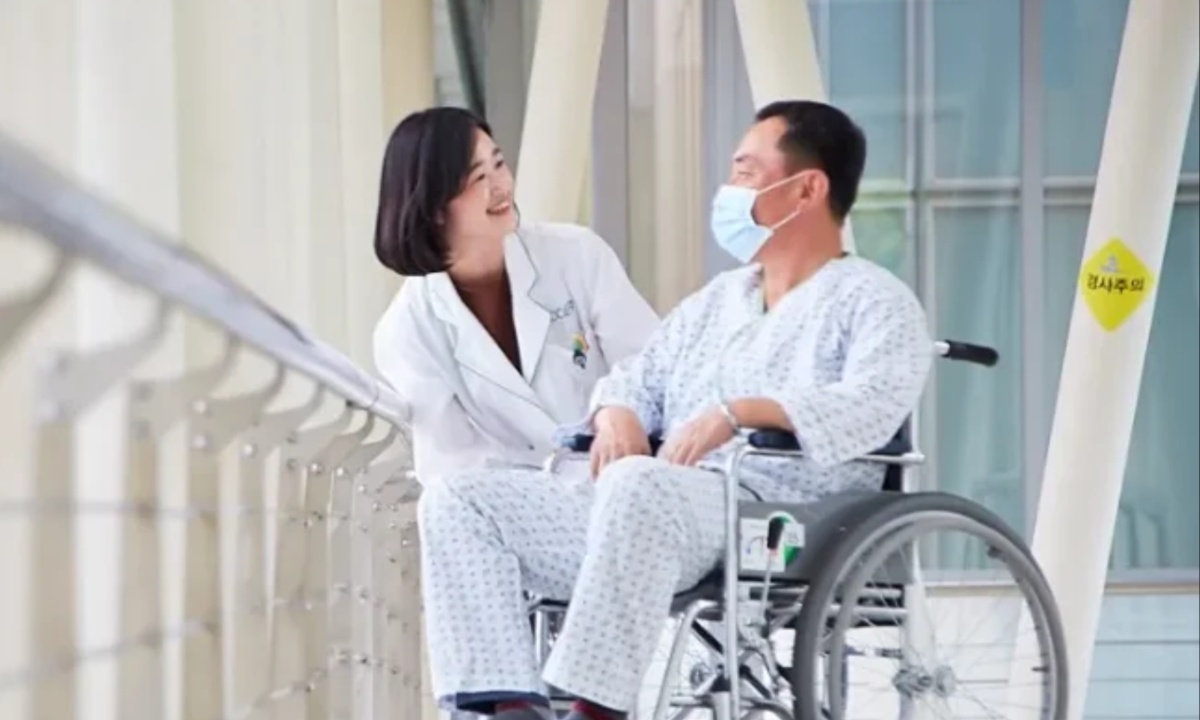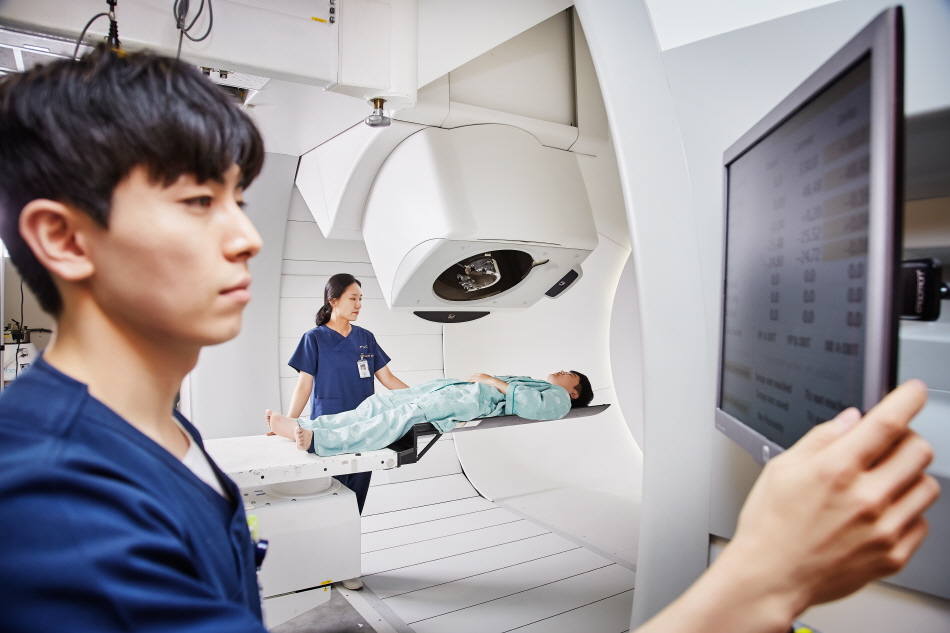Researchers in South Korea now have enhanced access to a significant big-data repository containing information on 2.26 million cancer patients. This expansion is the result of efforts by the Korean Ministry of Health and Welfare (MOHW), in collaboration with the National Cancer Center and the Korea Health Information Service.
The initiative aims to bolster cancer research by providing comprehensive data that spans several years.
The K-CURE Public Cancer Library, the central repository in this initiative, has been updated with anonymized data covering registered cancer patients, including insurance eligibility, claims, and mortality statistics from 2012 to 2020.
This extensive dataset now also includes information related to COVID-19 infection and vaccination, sourced from the Korea Disease Control and Prevention Agency, offering researchers a broader scope for analysis.
Access to this data is tightly controlled to ensure privacy, with researchers required to obtain permits before they can use the public cancer data. This data is accessible through designated data utilization centers, providing a secure environment for conducting crucial research that could lead to advancements in cancer treatment and management.

In addition to the cancer data initiative, the MOHW has also launched a significant AI-driven project aimed at drug discovery. This $25 million project, developed in partnership with the Ministry of Science and ICT, focuses on creating an AI-based ADME/T prediction model to identify potential new drug candidates.
The project employs federated learning techniques to utilize data from multiple sources without physically transferring it, thus maintaining data security.
Meanwhile, Siriraj Hospital in Thailand is making strides in medical AI applications by deploying an AI-based object detection algorithm to improve lymphoma diagnosis.
The AI tool helps in detecting and counting specific cells in stained slide images, enhancing the accuracy of disease staging. The hospital plans to further integrate AI technology into other diagnostic areas, such as mammogram analysis and CT brain scans, by the end of the year.
